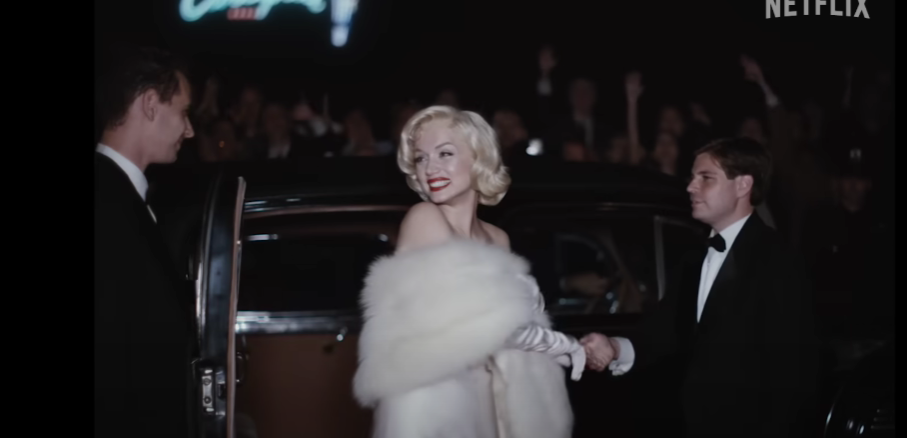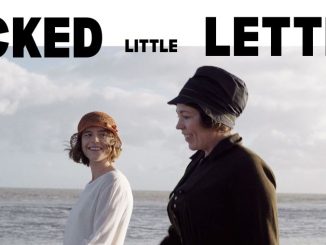
★★½
Blonde premiered at the 79th Venice International Film Festival, at which it received a 14 minute standing ovation. Naturally, I was excited to watch it when it was released on Netflix on 28 September.
Believe me when I say you should spare yourself the 2 hours and 47 minutes.
The film is based on the critically acclaimed novel ‘Blonde’ by Joyce Carol Oates, which is a fictionalised telling of Marilyn Monroe’s life and career. Hugely fictionalised.
It’s well cast, starring Ana de Armas, Adrien Brody, Bobby Cannavale, and Xavier Samuel. De Armas is a phenomenal actor, but she’s no Marilyn. She looks the part, she has the smile and the seduction but lacks the right charisma. But, these are big shoes to fill.
The film focuses on her life and career, how she struggles separating her true identity from her on-screen persona Marilyn Monroe. It could have been an excellent psychological thriller – her going insane trying to keep up with two personalities, two lives. It could have shown the trials and tribulations of making it as a movie star in the Golden Age of Hollywood.
It attempts both, but is successful with neither.
De Armas’ portrayal of one of the most iconic film stars in history as a sad and dependent little girl is cringe-inducing. There are moments where she absolutely shines and a feisty, bubbly personality finally appears. Then it’s back to running around sobbing about her absent father and asking her husband “Am I your good girl, Daddy?” (Just one of many questionable lines of dialogue.)
A lot of scenes were simply uncomfortable to watch. Now, I get it – Hollywood in the 1950s was notorious for predatory male producers and studio bosses, and it’s an inevitable part of the story they’re telling. However I couldn’t help but roll my eyes at yet another graphic rape scene, more unnecessary female nudity. The movie comments on how Monroe was continuously exploited as a sex symbol throughout her career, yet continues to degrade her. Maybe it’s a genius way of criticising misogyny in Hollywood, but that’s probably giving director Andrew Dominik too much credit.
The portrayal of abortion in the film as something evil and cruel is upsetting, especially given that Monroe suffered three miscarriages in real life. The scenes are graphic and unrealistic, and definitely traumatising.To make things worse, when she becomes pregnant again, the foetus speaks to her and asks her not to abort it this time. This random CGI is awkward and out of place in the black and white film, and the message is not far from pro-life propaganda.
The score is one of the few redeeming qualities the film has. Composed and performed by Nick Cave and Warren Ellis, it’s uplifting and haunting in the right moments, and paired with the creative cinematography it’s stunning to watch.
What might bother me most of all about the film, though, is that Monroe never wished to have a movie be made about her life. In fact, she turned down the opportunity to play her biggest role model Jean Harlow in a biopic, saying the character was underdeveloped:
“I hope they don’t do that to me after I’m gone… she should be done humanly.”
Niamh Ryan
Image Credit: Netflix



